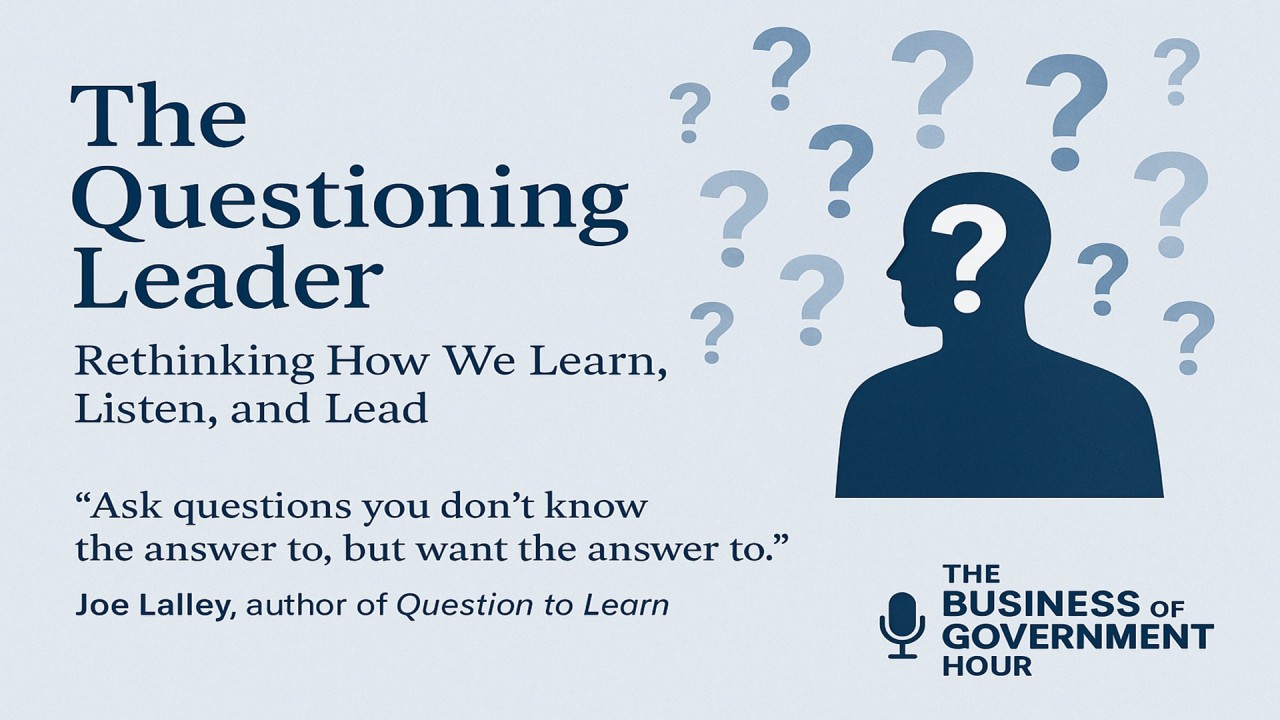Apr17

In my first blog, I raised a concern about the issue of culture and how we blindly accepted stereotyping nations and groups of people just because we see it easier to justify our understanding to human behaviour. Following that cultural intelligence, when it was formed at the beginning of the 21st century, has fallen in the same trap. Cultural intelligence or CQ, promised to solve the previously discussed dilemma. CQ, which is rooted in the psychology domain of knowledge claimed to focus on the individual as the unit of analysis instead of relying on anthropological surveys that generalize facts about human being. However, CQ, in the writings of Christopher Earley and his colleagues, or David Thomas and his colleagues did not pay attention to an important aspect related to the core of their paradigm, which is culture. What does it mean and how can it be represented or interpreted.
When CQ was formalized, it gave a big hope to organizational HR departments to create training programs that can prepare those who are given international assignment to deliver their work smoothly. For somebody to adapt to as many cultures as possible and become a cultural chameleon, as CQ allegedly assume, must learn all the different culture she or he encounter and change her or his behaviours accordingly. This is, unfortunately is a a dilemma. In literature, it called the dilemma of losing the absolutes. It means that if someone learns a new culture, she or he ends up losing his own one. Therefore, many scholars and practitioners reached a conclusion that the cultural chameleon is just a myth.
In view of the above, the need to have a brand new look at culture and cultural intelligence has evolved in the past few years. The basis for this new look or approach must abandon stereotyping people, groups or nations. It should also refrain from treating people based on their geo-ethnic origins, and third, it needs to look at human behaviours from more than one anger, or in other words, study it from more than one lens as Murdock advised back in 1971. Murdock called for engaging more than one knowledge domain to understand human behaviours. i.e. anthropology, sociology and psychology. According to him, we must not rely on one knowledge domain in studying human behaviours. This is because studying individuals’ actions through the lens of anthropology, for example, would lead to relying on having generalized characteristics of the supra-individual conducted via anthropological analysis. This approach proved to be insufficient as it ignores the social and personal effects, and results in having anthropological and sociological mythology that Murdock refers to. Alternatively, relying only on psychology as the field of study provides a better advantage over anthropology and sociology because it focuses on experimental techniques. It puts it in a better position to understand and discover the mechanisms of human behaviours. However, focusing only on the individual as the unit of study and ignoring the environment leads to psychological mythology. From there, Murdock advised that both directions need to be followed; discovering the mechanisms of human behaviour and the environmental conditions that surround that. Engaging one discipline at a time would either lead to reductionistic mythology in the case of psychology, because of its narrow focus on the mechanisms only, or cultural/social mythology in the case of anthropology, because it ignores the findings on the mechanisms of human behaviours reached by psychology.
I think by now, we have framed out the issue of studying, using and interpreting culture in a more detailed manner. what is next is I will be presenting the alternative that developed and published many papers, chapters and books about. Stay tuned.
Keywords: Culture, HR, Change Management
 Who Are You Under Pressure - And Is That the Real You?
Who Are You Under Pressure - And Is That the Real You? LinkedIn Voice for Sales
LinkedIn Voice for Sales Succession Planning is Hard because it’s Identity, Structure, and Systems All at Once
Succession Planning is Hard because it’s Identity, Structure, and Systems All at Once The Corix Partners Friday Reading List - February 13, 2026
The Corix Partners Friday Reading List - February 13, 2026 The Questioning Leader: Rethinking How We Learn, Listen, and Lead
The Questioning Leader: Rethinking How We Learn, Listen, and Lead